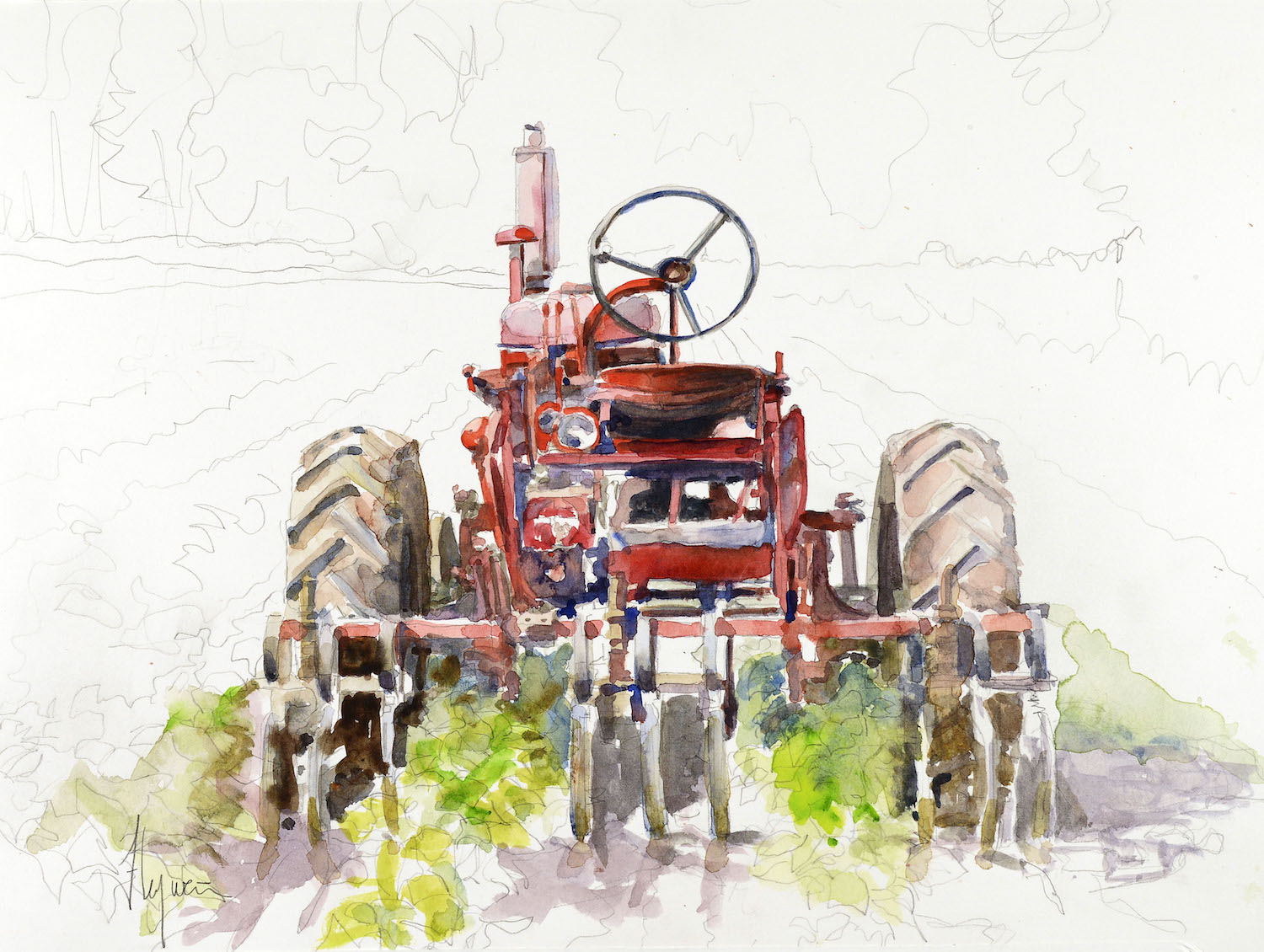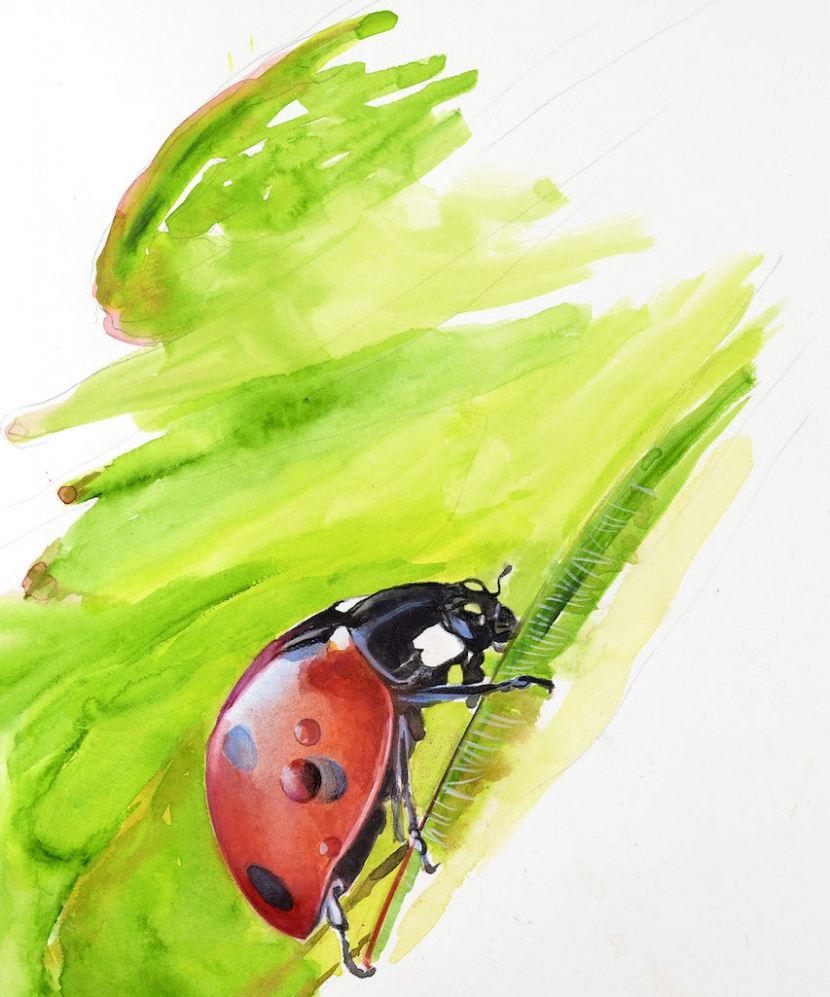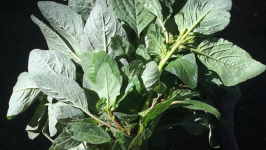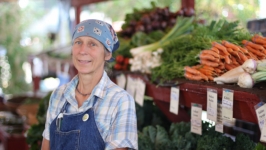Food Should Be Free?
As a small farmer, I’m often praised by others in my community for doing such good, noble work. Almost weekly, I’m approached by someone who wants to take a tour or bring a class out to the farm. Lately, I’ve started setting fees for providing tours—and the reaction to that is telling.
Generally, people are shocked at the suggestion that they pay to come take a tour of the farm, but from my perspective it’s more surprising that folks expect farmers to take time out of our workday to show them around, or to give them advice on how to start their own garden or farm, without compensation. I encourage farmers and nonfarmers alike to consider why that is, to explore and challenge beliefs we might hold that the nobility of the work means farmers should be willing to do it for free. Even as I write this, in the back of my mind, I’m having doubts: It is OK for me to advocate for a living wage for myself, right?
Coincidentally, an article in the latest issue of Yes! magazine, usually a personal favorite, leads with the line “I believe food should be free, and it actually can be free.”
It’s a well-intentioned article, an exploration of a man who volunteers his time to make compost for his neighbors. “I believe food should be free,” he says. “Because soil is free and seeds are free. You can go to the store and buy 30 seeds of red amaranth. Those 30 plants grow and they give out millions of seeds. So you have amaranth for life.”
“Food should be free” is dangerously close to “food should be cheap,” and both wholly undervalue the work of food production and the humans doing it, undermining our efforts to advocate for a living wage for farmers and farmworkers.
We pay for what we value in this society, and we don’t value food.
As a nation, on average, we spend less than 10% of our income on food, less than at any time in our history and less than any other country in the world, according to the USDA and the World Economic Forum.
It’s no secret that our food system is broken. The fact that food is cheap owes itself to the exploitation of human labor alongside the destruction of the earth. Whether it’s the legacy of slavery in building the nation’s agriculture and infrastructure, the exploitation of migrant workers on industrial farms, or the youthful idealism of the local food movement (privileged as it may be by comparison), a good portion of the public expects people employed in agriculture to happily sacrifice for their noble work so we all can have cheap food.
We small farmers are as guilty as anyone of martyring ourselves for the cause. Years ago at a conference, I heard the story of a CSA farm in California whose members attended an early season meeting. As they watched the farmers’ kids playing, one of the members asked the farmers if they had a college fund for their kids. Of course, they said no, they didn’t have the money to have one.
“What about health insurance?” another asked.
“No.”
“A retirement plan?”
Of course not. And their members, most of whom had steady jobs with health insurance and retirement benefits, decided this was unacceptable. They wanted their farmers to have the same level of security they themselves had, to be valued at least as much as they were for their life’s work. They asked the farmer to sit down and crunch the numbers, to figure out how much their CSA shares needed to cost to afford their family these basic things. The farmers came back to the members and told them that a CSA share would need to jump in price from $400 to $900 for this to happen. And the CSA members agreed!
At the conference where I heard that story, I sat in a room filled with other farmers, many of us unable to hold back tears. What would it feel like to be valued like that, to get real about what food needs to cost to actually pay a producer—one who farms with the utmost respect for the earth—a living wage, and then to be supported fully in that?
Right now there are thousands of folks around the country who are trying to get into sustainable farming as a career, which is a good thing considering the average age of a farmer in this country is pushing 60 and the agricultural policies of the last century have wreaked havoc on soil, air, water and human health. We need people to succeed in building successful models of food production and land stewardship. It’s the hardest work I’ve ever done to navigate the challenges of land access, building skills, developing business models that reflect my values and so much more.
Inside each of us who does this work is a deep desire to create a world of abundance for everyone, but it does none of us any good to glorify the nobility of farming yet not include the basic accounting— How do you pay your bills?—in any conversation about food production. Too often we farmers leave those conversations full of self-doubt, when what we need is an honest, practical look at the economic realities of food production so we can build models that achieve that holy grail of the triple-bottom-line advocated in sustainability circles: It has to be good for planet, people and pocket.










